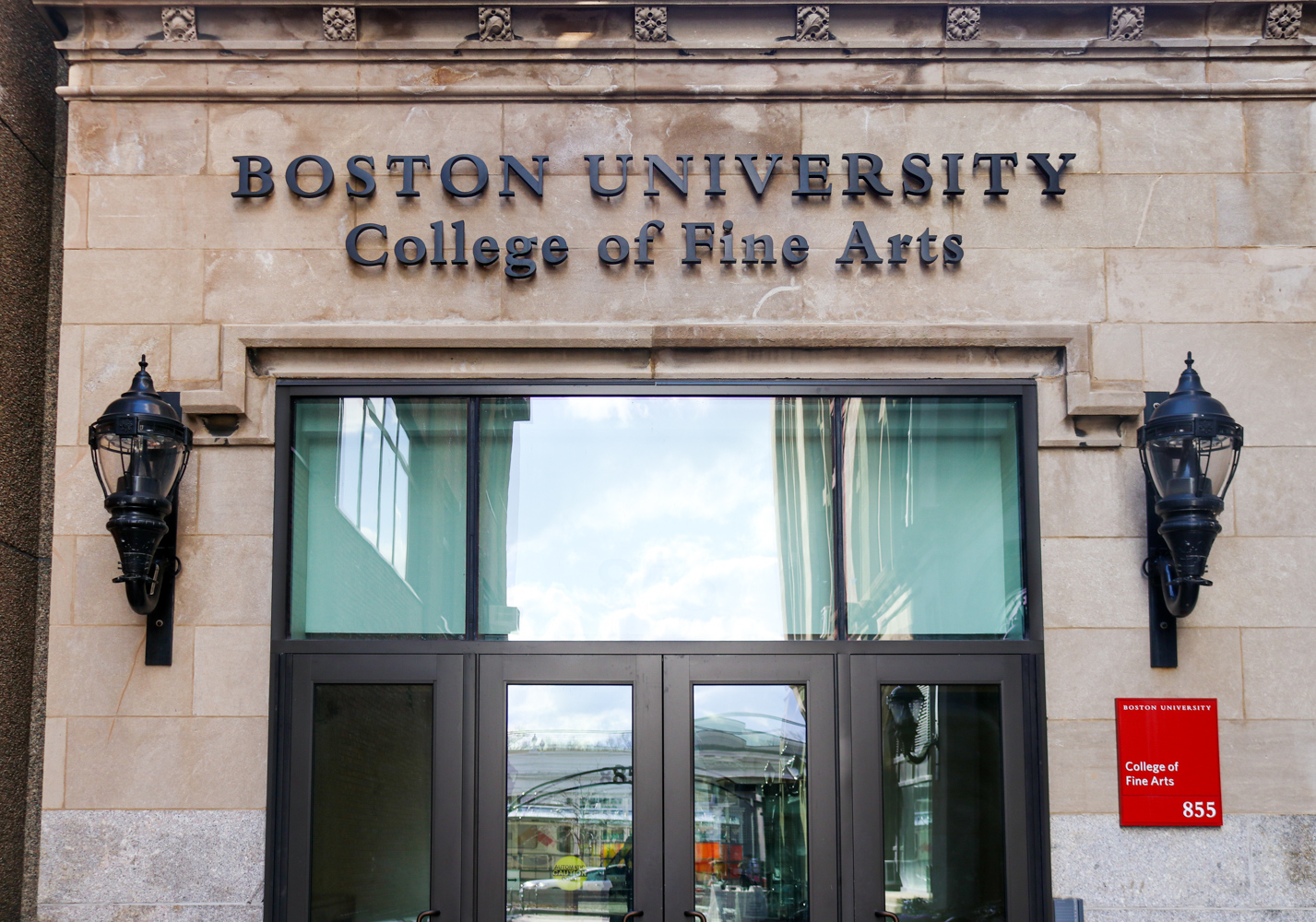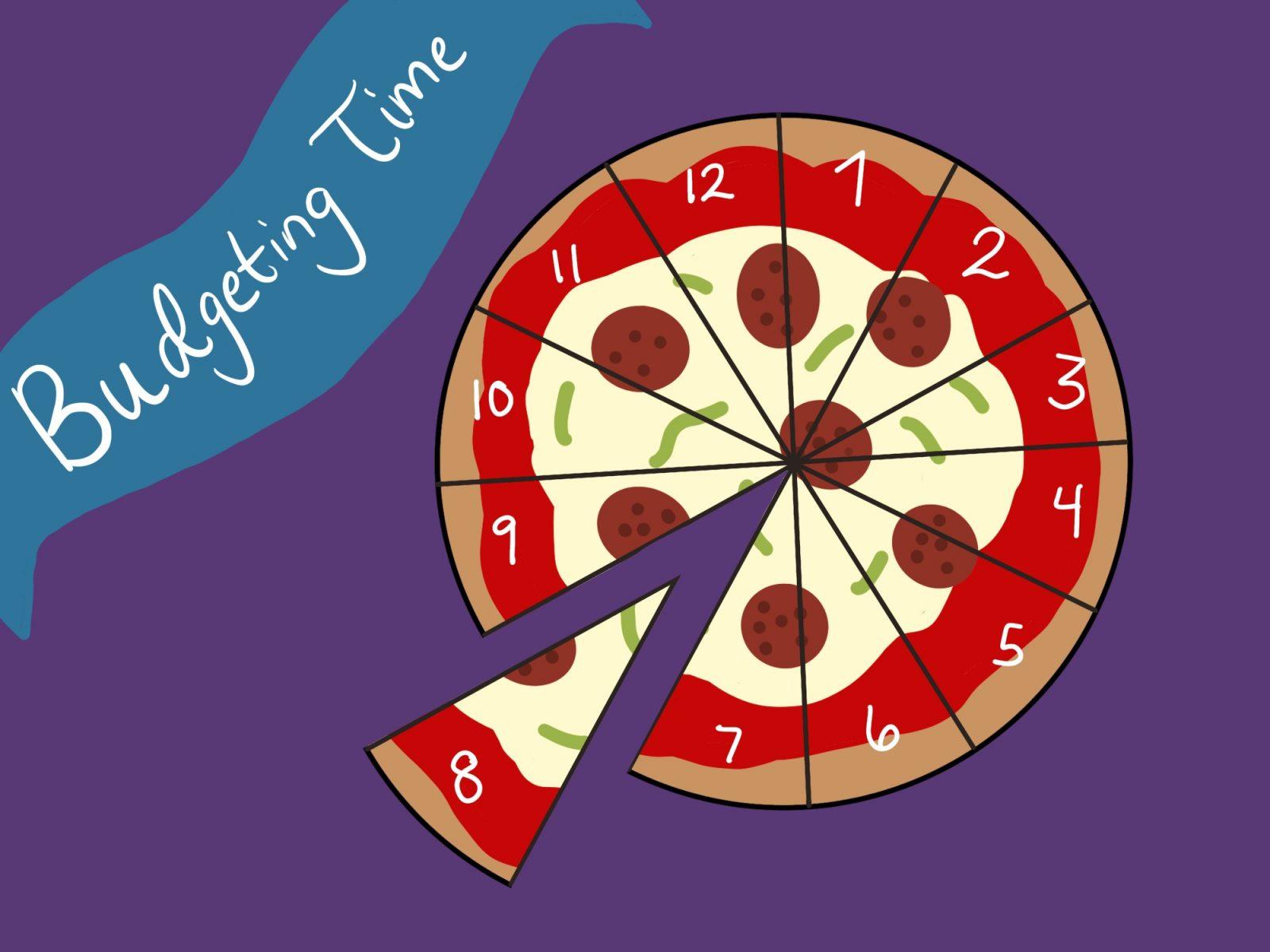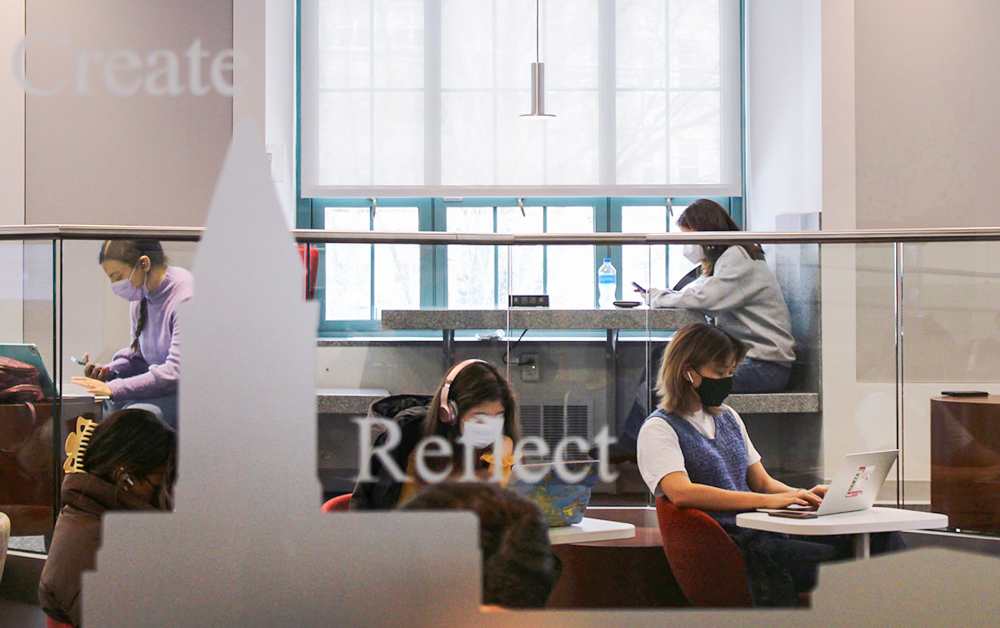Many employers believe a candidate’s critical thinking and communication skills are more important than the major field of study that he or she pursued as an undergraduate at colleges such as Boston University, according to a study released Wednesday.
Karen Kang, a corporate and personal branding expert who completed a College of Communication graduate degree in 1977, said employers have a need for graduates who have emotional intelligence.
“Today, the whole new work model is about collaboration,” Kang said. “Collaboration across functions, collaboration across geographies, collaboration with partners outside a company … The more diverse companies are and the more they hear different inputs — innovation is just a byproduct of that.”
The Association of American Colleges and Universities polled 318 organization executives to determine their priorities when choosing which college graduates to hire, according to the study.
Ninety-three percent of executives polled said they strongly or moderately agree that a job applicant’s ability to solve problems, think critically and communicate well is more important than whether they studied a degree.
Additionally, 93 percent of executives responded they strongly or moderately agree their company is asking more of their applicants than they had in years past.
Kang said business and collaborative skills also help college graduates when they are up for promotions.
“In the past, really hard skills may get you the job, but soft skills are going to get you promoted,” she said. “So the emotional intelligence is very important.”
Students should take care to branch out in their coursework and explore different options outside of their major field of study, Kang said.
“When I see people only taking business courses and not doing anything such as taking philosophy or literature or sociology … that can really round them out as an intellectual, I think. Those people are really missing the boat,” she said. “The more you understand the world at large … you will be in a much better place to have mobility in your career.”
Matt Casey, a professional career coach who obtained a Metropolitan College degree in 2002, said students interested in pursuing a career in a field unrelated to their undergraduate major should consider interning at a variety of different companies while at college.
“Students have a huge advantage, particularly the ones that are holistically planning their college careers,” he said. “Interning in a variety of areas over the summer is a great idea.”
Casey said choosing a major based simply on one’s interest would not hurt a candidate, as a non-technical degree does not lock one into a single career path.
Peri Tur, a College of Arts and Sciences freshman who studies archaeology but does not wish to pursue a career in the field after graduation, said the most passionate employees in any given field may not have pursued their expertise as their major while at college.
“Sometimes you discover your passions later on, and sometimes people who get started later are also more ambitious and are trying to catch up,” she said. “So they [employers] are looking for people with the skills and the people with the potential to grow the most as opposed to people with the textbook knowledge.”
George Andrews, a Sargent College of Health and Rehabilitation Sciences sophomore, said many college graduates do not pursue jobs in the area in which they studied.
He said at a school such as BU, students will obtain general skills through their various required courses.
“You want to do what you’re passionate about regardless of whether you think that it’s going to make you money in the future,” he said. “You’re going to do your base classes anyway, and you’re going to get a well-rounded education.”
Meghan Leary, a CAS sophomore, said in science, critical thinking is less important than hard skills.
“At least in the science field, it’s really based on the information that you have about established chemistry and biology and less on your critical thinking skills,” she said. “They can teach you lab techniques, but if you’re trying to synthesize proteins, there’s just information you’re going to need to know.”
Rachel Riley contributed to the reporting of this article.





























































































































